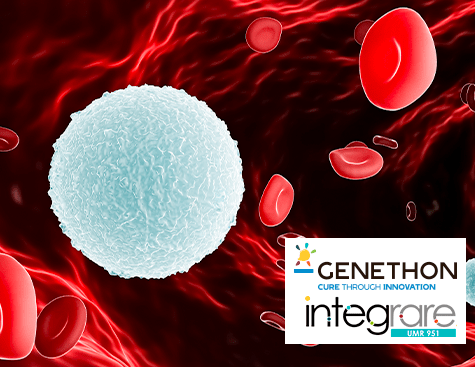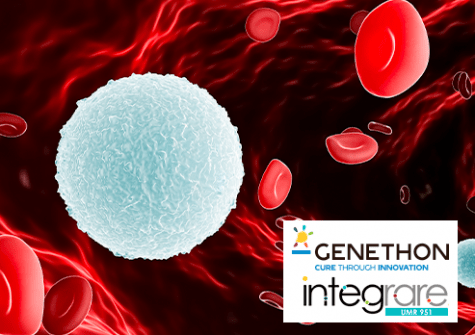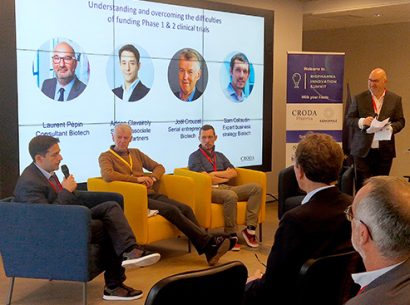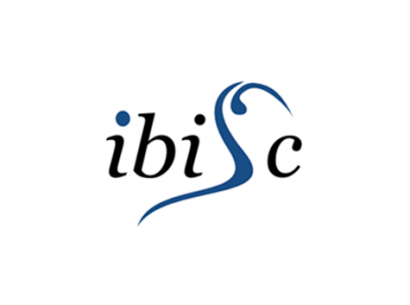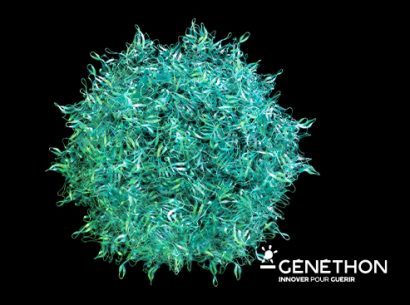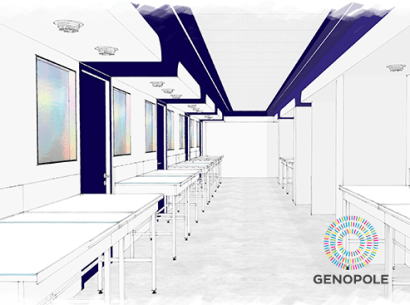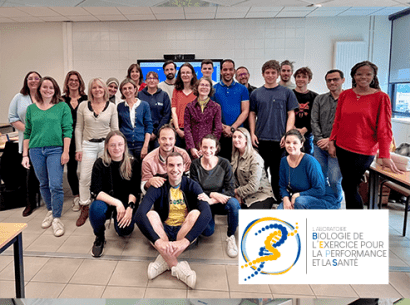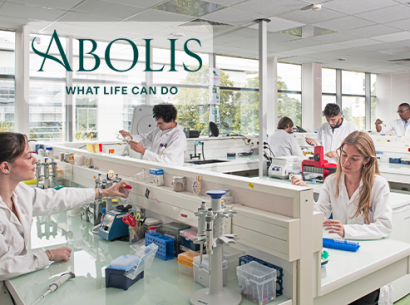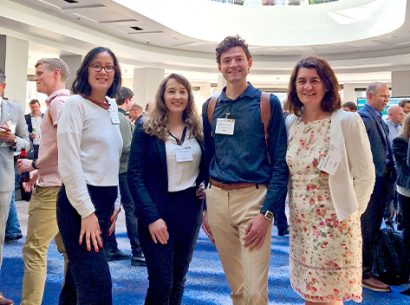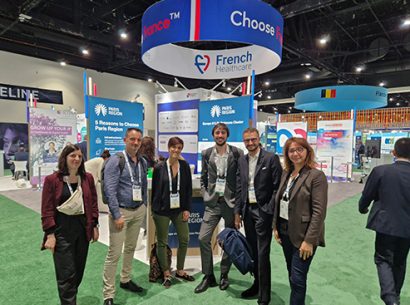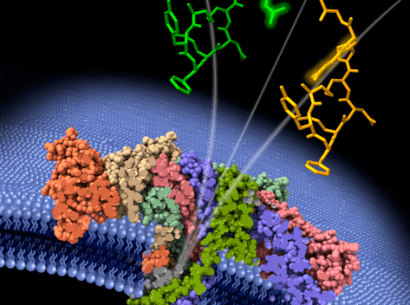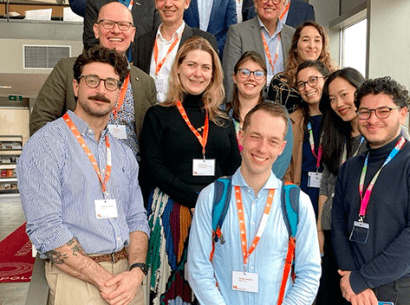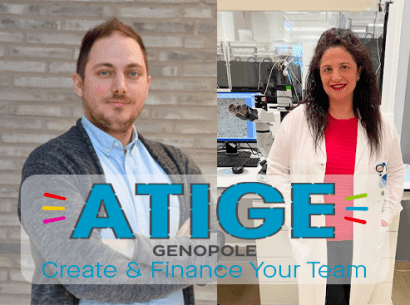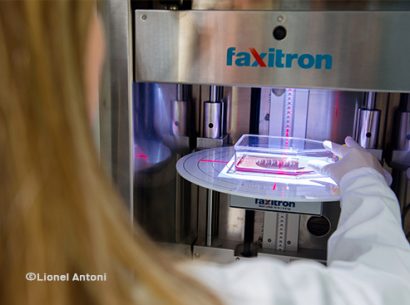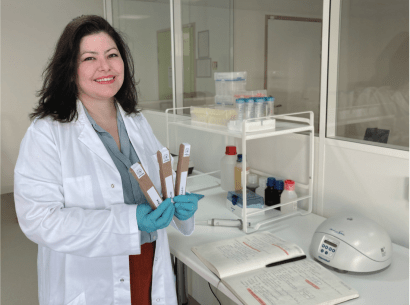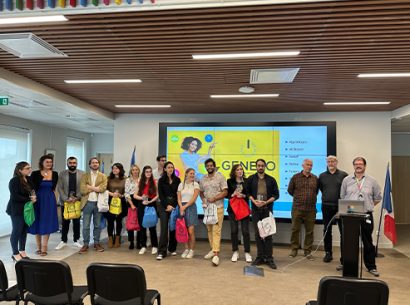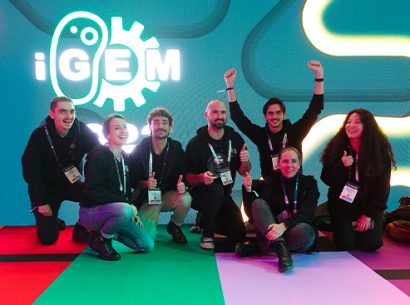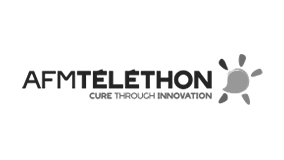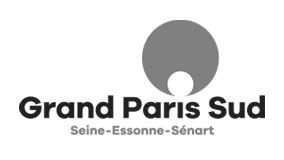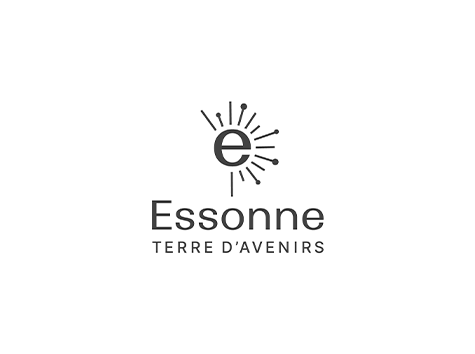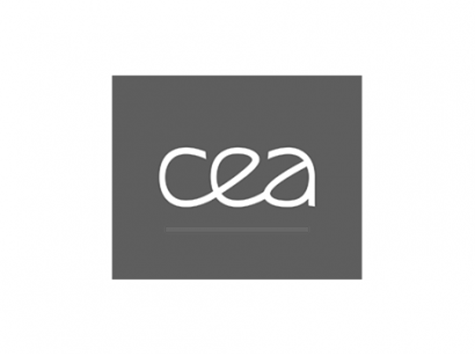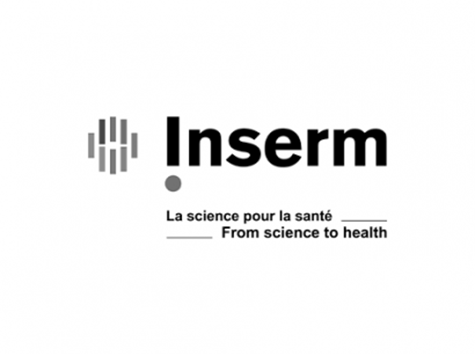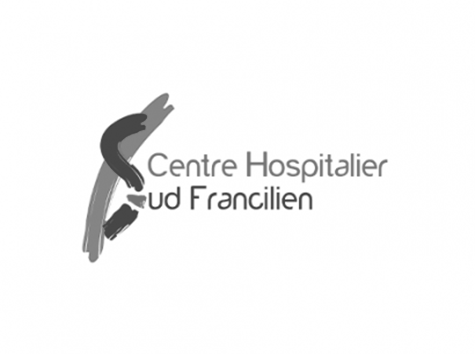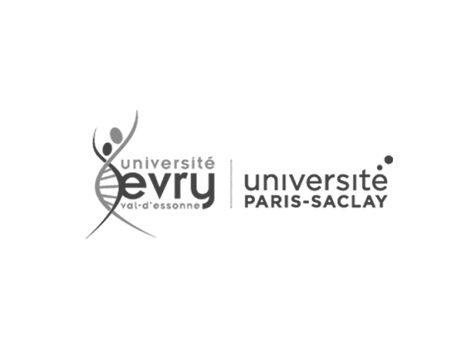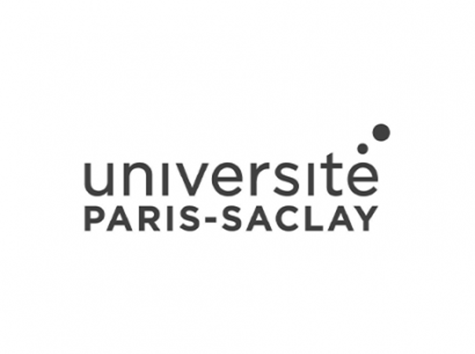Work done by Anne Galy’s Integrare (Integrated genetic approaches and new therapies for rare diseases; Inserm, University of Évry-Paris Saclay, Genethon) team has resulted in an ex vivo* gene therapy for the treatment of Wiskott-Aldrich syndrome, a rare immune deficiency. Genethon conceived the vector, produced the clinical batches and designed an international clinical trial launched in 2010 at the Necker Children’s Hospital in Paris and at two hospitals in London, England.
Wiskott-Aldrich syndrome (WAS) is a rare genetic disease that severely alters the immune system of children. It causes bleeding, serious recurrent infections, severe eczema, autoimmune reactions and even cancers. The syndrome is caused by a mutation in the WAS gene, resulting in alterations to leukocyte function. Gene therapies thus hold the greatest promise for efficacious treatments. Integrare developed a lentiviral vector able to bring a functional WAS gene to the blood’s stem cells.
Earlier results published in 2015 showed a reestablishment of immune system function and improved clinical states in the first patients to have received the treatment. The recent article published 24 January 2022 in Nature Medicine reports the conclusive follow-up results from a long-term safety and efficacy trial. For it, eight patients aged 8 months to 30 years at the time of treatment were monitored over four to nine years.
Resolution of the main symptoms of the disease, such as recurrent severe infections or eczema, was observed for all of the patients. T lymphocyte function, which is vital for immune response, was completely restored. Bleeding and signs of auto-immune dysfunction also diminished significantly in all the patients and platelet counts had returned to normal in three of them. These positive effects were observed in the adult patients as well, confirming treatment efficacy in that population.
Furthermore, the authors observed no adverse effects in their study. And finally, using DNA sequencing, the team was able to determine the integration sites of the “gene-drug.” The results of this long-term follow-up study demonstrate the interest of lentiviral vectors for the safe and stable introduction of corrective genes.

